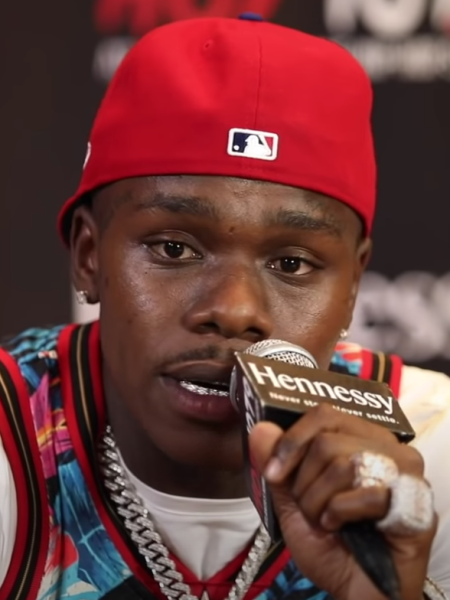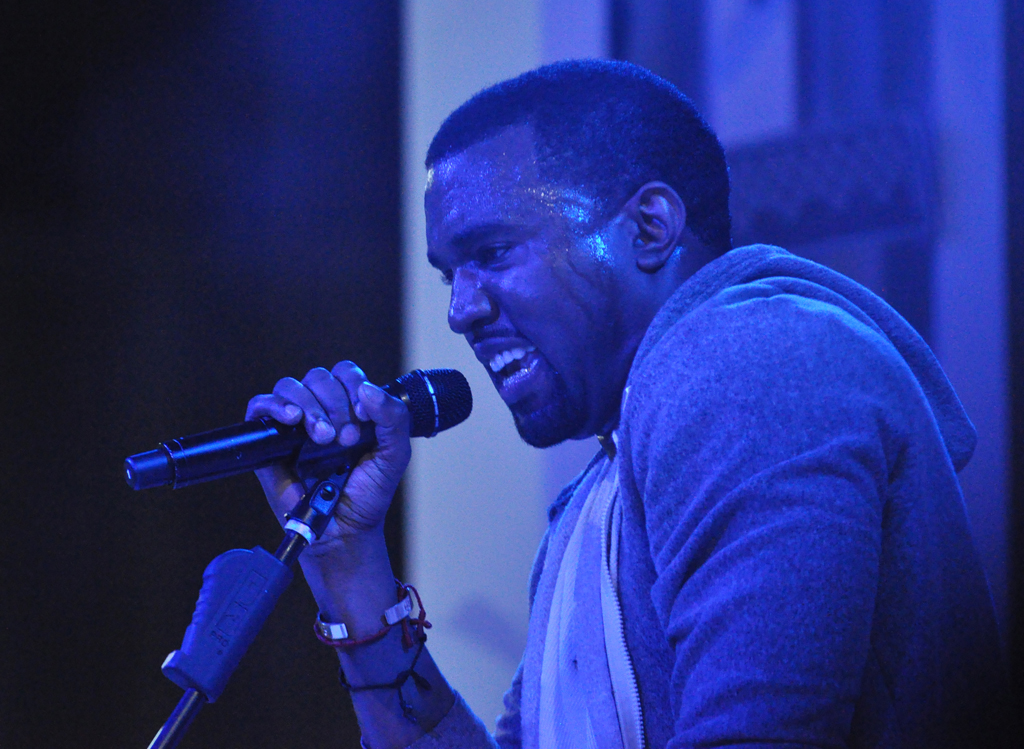Kanye West has always been part of my brief yet latent journey in life as a beacon of support, providing comfort and solace with his music. Part of the reason for my appreciation of his music is due to having constant, early exposure to him at a young age.
Having moved from Texas to New York back in 2013, one of my earliest memories was in the Big Apple, was when my parents took me to the city for the first time. At the time I was six years old, which meant the half hour drive to Times Square was an eternity. Thankfully, the sun had set, and the car radio was blaring out Empire State of Mind for the 86th time, and the constant thumping of its drums lulled me to sleep.
After a particularly bad pothole caused me to bump my head against the side of the window, I awoke to a vast array of lights streaming through the car. I looked outside, absorbing the scene in front of me. The world had never seemed more bountiful, with schools of people moving in different directions. Bright advertisements, from soft drinks to athletic brands were flaunted in my face. Coca-Cola had never looked better. That was the first time I had first heard Flashing Lights. The pulsating synth, mixing in with the scenery before me, filled my childlike heart with an indescribable feeling of exhilaration. It created such a lasting impact on me that to this day, whenever I walk in the city, I always play it at least once, otherwise I would feel incomplete, somehow bare.
However, keeping up with Kanye West is a much harder task. As a fan of Kanye, I’d describe my loyalty towards him as one would an abusive relationship. Regardless of my fervent love for his music, it is as equally as hard to support him. Remaining a wildly controversial figure throughout his entire career, I’d find myself shamefully hiding my love for him and his music, and when inevitably unveiled to the public through some moronic icebreaker or classroom introduction, I found myself forced to halfheartedly defend my reasoning, often faced with awkward silences and paused remarks.
Sometimes I wouldn’t even believe what I was saying. Why did I have to look past his actions just because I was fond of his music? Was my ignorance a form of indoctrination to his harmful ideologies? My guilt had always been a poltergeist to my pleasure, giving heavy weight to my desires. But when I pressed the play button, I never considered any of those thoughts. Memories of his T.V. outbursts, the scorn of the general public, and my own guilt all faded away to the seamless ebb and flow of his tracks and albums.
Despite having done it for most of my life, It wasn’t until years later, when I met like-minded people, that I was introduced to the concept of “separating the art from the artist.” While it helps rationalize my actions every time I hit the play button, a persistent feeling of guilt still lingers. Why, if the concept was true, do I still feel wrong about it? Is it even possible to separate the creation from its creator?
Art, at its very core definition, is the expression of the artist into each of their magnum opus. Built from universal experiences of life, artists use their creations as a vessel that can be shared with the world. Ranging from works of ancient literature to short films and movies, art is often revered for its beauty and its emotional significance and intelligence. Humans are empathetic beings, and in experiencing art, whether it is an intricate painting or a moving melody, people love to find a profound mirror reflecting similar experiences, struggles and emotions, one that art provides. True art is timeless, where, despite some of it having been created in almost a completely different time period, viewers today can look at the work and feel the life and feel the intention from it. The most famous works of art are ones that serve as the strongest testaments to the universality of the human experience.
Take J.K. Rowling’s work, for instance. While some may not consider her as an artist, her world-renowned series speaks otherwise. Harry Potter is famous for its captivating storytelling and immersive world-building. Many marveled at her writing style, and how she not only was able to breathe life into her characters, but allude to an overarching theme that could resonate with readers from all ages and backgrounds.
However, her controversial ‘tweets’ on Twitter ultimately tarnished her work as a writer. Despite not directly saying any hate speech against Trans people and even advocating for them in some circumstances, a huge majority of her fanbase felt betrayed by her exclusion, and felt that her work lost authenticity. Despite being the magnum opus of her work and arguably all coming of age novels, her legacy as a writer was tarnished, and her books as proxy.
However, when we look at other, more controversial artists, we find that this not always the case. For example, take Oscar Wilde, widely a comedic and literary genius in his age. Despite his infamous relationships, many people tend to look past his criminal history in favor of his works and plays. What about Picasso? Despite many people knowing of his controversial and bipolar nature, they never tend to look into his history. Because of a lack of accountability, are his revolutionary pieces of modern art truly shadowed by his abusive relationships? By consuming his works, are we inadvertently ignoring the damage he did to the women in his life?
My thoughts are surprisingly straightforward, maybe even a bit narrow minded. But I feel as if, starting in the realm of deceased artists, as long as you keep in mind the atrocities these controversial artists have done, you can appreciate their works without a guilty thought. If the art isn’t in line with the artists’ iniquitous ideas, you, as a consumer, have done nothing wrong. You don’t even have to be aware of the things they said or did.
The artist has long passed, so any monetization or contribution to their career you are doing is long irrelevant. I’d allude this ideology to that of a broken clock. Out of all the hours and minutes it gets wrong, it tells you the correct time twice a day. Why not the same for artists? You could dislike a person and almost everything they say, but there might be an idea, or a thought that you find yourself agreeing with. I’d say art is no different. All you are appreciating is a mere flit of a thought, a brief fragment of their life that they chose to share. Following this same logic, their past does not tarnish what they have thought or felt in that moment. The art and the artist are thus, in that sense, completely seperate from each other.

The real debate, however, comes in the form of living, more current artists. Along with the rise of social media and platforms where artists could speak out and share ideas that could catch fire in mere hours, artists have become increasingly tied to their work. Now, maintaining a good public image is as important as the work you produce. For better or for worse, your art is just as important as your reputation.
As activism starts to become more widespread and consumers prefer ethical consumption, consumers want to ensure that what they engage in comes from an upright pillar. This has been shown through a multitude of celebrities and icons, such as Dababy, whose popular thug/bad-boy image as a prominent rapper was tarnished when he unleashed a multitude of slurs and hate speech against the LGBTQ community, and Shane Gills, whose career was ruined before it began, when old podcast tapes containing racist remarks of his were leaked.
Rather than following a collectivist-like mindset, consumers want to become more responsible and ethical in their approach of commercialism. In terms of a general sense, I believe that this is a step in the right direction, as we start to develop independent and critical thought of what we partake in. This includes celebrities and, unfortunately, artists that you hold very dear to your heart. So, despite the heaviest of hearts, I have come to realize that I must hold you accountable, Kanye, as not only does your art match with your personality, but I must also take accountability for myself. Separating the art from the artist is much harder than it seems.
I’d allude this ideology to that of a broken clock. Out of all the hours and minutes it gets wrong, it tells you the correct time twice a day. Why not the same for artists?

